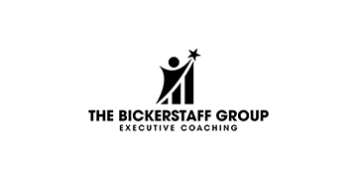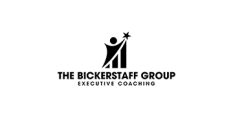FAQ's
Frequently Asked Questions
What is Executive Leadership coaching?

Executive Coaching is a transformative journey of “discovery” where leaders discover their true potential. What is coaching all about? Imagine driving on a road you’ve never traveled before. You’re in the driver’s seat, in control of the destination, but beside you is a trusted navigator — your coach — helping you see new possibilities, find alternate routes, and ensure you don’t lose focus. This” partnership’ “empowers you to unlock answers that you already have within, while also challenging you to go further than you imagined. Coaching is “future-oriented”. See video:
How is coaching different than therapy?
Caching and therapy are distinct approaches to personal discovery and development, though their goals can sometimes overlap. Coaching focuses on achieving specific goals and enhancing performance, often in a future-oriented way. Therapy addresses deeper emotional and mental health and psychological concerns, potentially looking to the past for insights. See video:
https://www.youtube.com/watch?v=uATaINhwq7E&list=TLPQMDgwNzIwMjU3lMszoGdtQw&index=2
What is the difference between coaching and mentoring?
Mentoring and coaching are both developmental relationships, but they differ in focus and approach. Mentoring generally involves a longer-term relationship where a more experienced individual (the mentor) guides or advises a less experienced person (the mentee) on their overall career and personal development, often sharing their own knowledge and experiences. For example, the Mentee brings forward an issue. The mentor responds with “let me share how I and others have dealt with that issue? Can any of that work for you?” See video:
Is there proof that coaching works?
Yes, there's evidence that coaching is effective in various settings. Research indicates that coaching can lead to improved self-confidence, goal attainment, and professional skills, as well as positive impacts on well-being and performance. Studies have also shown that coaching can lead to increased job satisfaction, organizational commitment, and even financial returns on investment in coaching programs. Refer to “Testimonials” in Certified Executive Leadership Coaching.
What benefits can you expect from coaching?
Coaching in organization and leadership settings is also an invaluable tool for developing people across a wide range of needs. The benefits of coaching are many; 80% of people who receive coaching report increased self-confidence, and over 70% benefit from improved work performance, relationships, and more effective communication skills. 86% of companies report that they recouped their investment on coaching and more (source: ICF) . Refer to “Testimonials” in Certified Executive Leadership Coaching.
What are some typical issues or topics that Executives bring to coaching?

Some of these include: • A recent promotion to an expanded new role with increased responsibilities • A “rising star” whop wants to strategically plan and advance his/her career • A desire to expand and focus on a new leadership behavior that is a stretch for them • As part of an acquired company, finding and discovering ways to asimilate and be successful in the new organization • A wish to create a compelling and inspiring vision for your team or organization • A desire to be more coach-like in dealing with team accountabilities or performance issues • A wish to have strategies to lead, encourage and grow the next generation of leaders
What is the International Coaching Federation (ICF)?

The ICF is the governing body for coaching. It created Core Competencies and built a Code of Ethics, setting the standard in the coaching industry. It defined curriculum standards (accreditation), to ensure consistency in coach training, and developed an ICF Credentialing system, requiring renewal every three years. It certifies coaches involved in specialized training at the Associate (ACC), Professional (PCC) and Masters (MCC) levels. It also established processes allowing consumers to file breach-of-ethics complaints. As of 2023, there are approximately 2,076 Master Certified Coaches (MCC) globally, according to ICF. This represents a small percentage, around 4%, of the total ICF-credentialed coaches, according to the ICF. The ICF also has 25,828 Associate Certified Coaches (ACC) and 20,882 Professional Certified Coaches (PCC).
Are there standards for Professional Coaching?
Yes. The ICF has taken the lead in developing a definition and philosophy of coaching, as well as in establishing ethical standards among its members. Through its Code of Ethics, Ethical Conduct Review Process, and Independent Review Board (IRB), the ICF sets professional coaching standards while also gives consumers a venue to file ethics complaints about ICF Members or ICF Credentialed coaches.
Are there standards for Professional Coaching?
Yes. The ICF has taken the lead in developing a definition and philosophy of coaching, as well as in establishing ethical standards among its members. Through its Code of Ethics, Ethical Conduct Review Process, and Independent Review Board (IRB), the ICF sets professional coaching standards while also gives consumers a venue to file ethics complaints about ICF Members or ICF Credentialed coaches.
What is the Code of Ethics for Professional Coaching?
The ICF Code of Ethics is a guiding star that helps coaches navigate their journey with integrity and purpose. It’s there to help us determine the boundaries between what is acceptable and what isn’t. When you live by this Code, you’re doing more than just following guidelines — you are creating relationships that are rooted in trust and respect. And you are lifting the entire profession, keeping coaching as a powerful force for change in the world.
